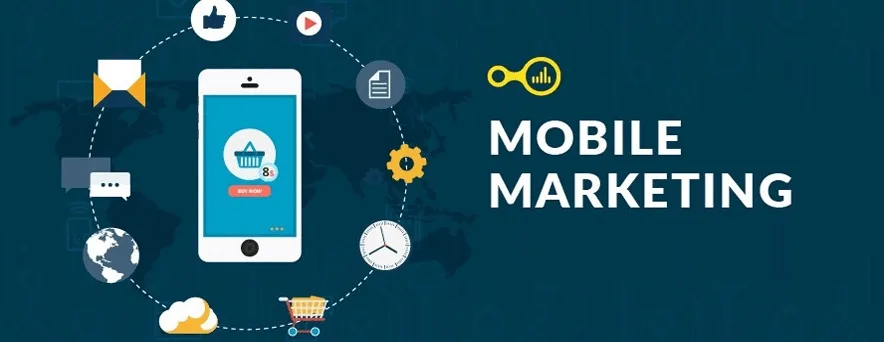
Mastering Mobile Marketing
Mobile marketing has become an essential strategy for businesses aiming to reach a wider audience. This guide will help you understand the fundamentals of mobile marketing, its benefits, and how to implement effective mobile marketing campaigns.
Understanding Mobile Marketing
Mobile marketing refers to the practice of promoting products or services via mobile devices such as smartphones and tablets. This form of marketing leverages various channels, including SMS, MMS, social media, mobile applications, and websites to engage with customers. With the increasing penetration of mobile devices globally, businesses can directly connect with their audience anytime and anywhere.
Benefits of Mobile Marketing
One of the primary advantages of mobile marketing is its ability to reach a broad and diverse audience. Mobile devices are ubiquitous, making it easier for businesses to engage with users in real-time. Additionally, mobile marketing offers personalized and location-based marketing opportunities, allowing businesses to deliver targeted messages tailored to individual user preferences and behaviors. This leads to higher engagement rates and improved customer satisfaction.
Implementing a Mobile Marketing Strategy
Creating a successful mobile marketing strategy involves several key steps. Firstly, define your objectives by determining what you aim to achieve with your mobile marketing efforts, whether it’s increasing brand awareness, driving sales, or improving customer engagement. Next, understand your audience by conducting research to learn about their preferences, behaviors, and mobile usage patterns.
Choosing the right channels is crucial for reaching your audience effectively. Decide whether SMS, social media, or mobile apps will be most effective. Developing engaging content is another vital aspect. Content should resonate with your audience and encourage interaction, which could include personalized messages, exclusive offers, or interactive features. Finally, monitor and optimize your campaigns by regularly tracking their performance and making data-driven adjustments to improve results.

Mobile SEO Best Practices
Optimizing your website for mobile devices is crucial for ensuring a seamless user experience. A responsive design is essential, ensuring your website adjusts seamlessly to different screen sizes and resolutions. Fast loading speed is another critical factor, as mobile users tend to abandon sites that take too long to load. Simplified navigation is necessary to help users find the information they need easily.
Additionally, optimizing for local SEO is important since many mobile users search for local information and services. Ensure your content is mobile-friendly by using larger fonts and avoiding large blocks of text, making it easily readable on mobile devices.
Measuring Mobile Marketing Success
To gauge the success of your mobile marketing efforts, consider several metrics. Engagement rates, such as click-through rates and social media interactions, provide insight into how users interact with your campaigns. Conversion rates measure the percentage of users who complete a desired action, like making a purchase or signing up for a newsletter.
Customer retention is another important metric, monitoring how often customers return and engage with your mobile content over time. Finally, calculating the return on investment (ROI) will help you understand the financial return generated from your mobile marketing campaigns compared to the cost of implementation.
By understanding and implementing these strategies, you can effectively leverage mobile marketing to achieve your business goals and enhance customer engagement.
Popular
-
 Mobile Push Notification Copy: Short, Usef...
Mobile Push Notification Copy: Short, Usef...Mobile push notifications remain one of the most direct communication channels between …
-
 Content Pruning vs Content Refreshing: How...
Content Pruning vs Content Refreshing: How...Every site collects content debt: pages that used to help but now …
-
 The Structure of a Persuasive Commercial T...
The Structure of a Persuasive Commercial T...Commercial copywriting in 2025 is no longer built around loud promises or …
-
 Why Brands Are Finding It Harder to Mainta...
Why Brands Are Finding It Harder to Mainta...Audience loyalty has long been viewed as a stable foundation for sustainable …
